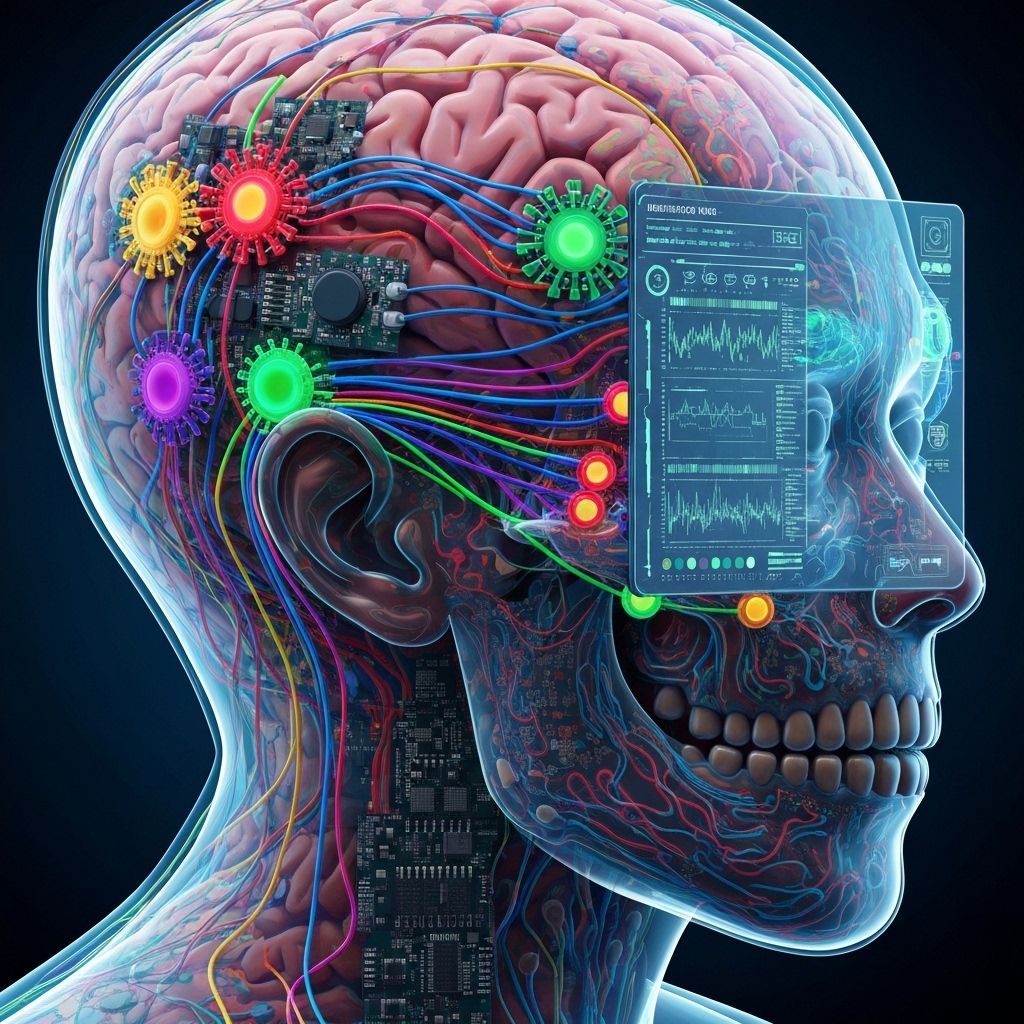Quantum Computing Breakthrough: IBM's 2025 Roadmap to Commercial Applications
Discover how quantum computing is moving from research labs to real-world applications in 2025, revolutionizing cryptography, drug discovery, and financial modeling.

The year 2025 marks a pivotal moment in quantum computing history. IBM's latest roadmap reveals ambitious plans to bring quantum computing from research laboratories into commercial applications, promising to revolutionize industries from finance to pharmaceuticals.
The Quantum Advantage Realized
For decades, quantum computing has been a theoretical concept with limited practical applications. However, recent breakthroughs in quantum error correction and hardware stability have finally made commercial quantum computing a reality. IBM's 1000-qubit processor, unveiled in late 2024, represents a quantum leap in computational power.
The implications are staggering. Tasks that would take classical computers millions of years can now be completed in hours or days. This quantum advantage is particularly pronounced in three key areas:
Cryptography and Security
Quantum computers can break traditional encryption methods, but they also enable quantum cryptography - an unbreakable form of secure communication. Financial institutions are already implementing quantum-safe encryption protocols to prepare for this new era.
Drug Discovery and Healthcare
Pharmaceutical companies are using quantum computers to simulate molecular interactions at unprecedented scales. This capability is accelerating drug discovery processes from decades to years, potentially saving millions of lives and billions in research costs.
Financial Modeling
Investment firms are leveraging quantum algorithms for portfolio optimization and risk analysis. The ability to process vast amounts of market data simultaneously is providing new insights into market behavior and investment strategies.
Challenges and Opportunities
Despite these advances, quantum computing still faces significant challenges. Quantum decoherence, the tendency for quantum states to decay, remains a major obstacle. However, IBM's new error correction techniques are showing promising results in maintaining quantum coherence for extended periods.
The talent shortage in quantum computing is another critical issue. Universities and companies are investing heavily in quantum education programs to build the workforce needed for this quantum revolution.
Looking Ahead
As we progress through 2025, we can expect to see quantum computing applications expand into new domains. Climate modeling, artificial intelligence, and materials science are all poised to benefit from quantum computational power.
The quantum computing revolution is no longer a question of "if" but "when." With IBM leading the charge and other tech giants following suit, 2025 may well be remembered as the year quantum computing truly arrived.
About the Author
Dr. Sarah Chen
Quantum Computing Researcher at MIT with 15 years of experience in quantum algorithms and hardware development.
Related Articles

Neural Interfaces: Brain-Computer Integration Reaches New Milestones

Sustainable Tech Revolution: Green Computing Solutions for 2025

Web3 Evolution: Decentralized Internet Infrastructure in 2025

Augmented Reality Workplace: How AR is Transforming Remote Collaboration

5G and Beyond: The Path to 6G Networks and Ultra-Fast Connectivity
